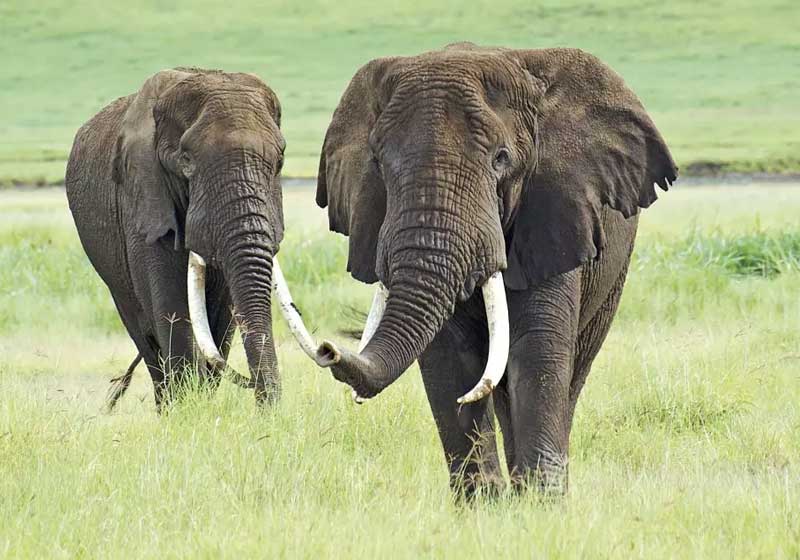Health at Tanzania

Health at Tanzania
When it comes to health at Tanzania, it is really important to read informational text provided below.
Health at Tanzania
Visitors originating from countries with possible exposure to cholera and yellow fever should travel with valid vaccination certificates. Mosquito control efforts and the high altitude of Northern Tanzania greatly reduce the risks of contracting Malaria. It is recommended visitors consult with their medical professionals before traveling. A preventative treatment plan may be necessary before, during, and after the trip.
As Northern Tanzania is close to the equator, temperature fluctuations are minimal all year round.
- Late December to March: dry season with warmer temperatures
- March to May: the rainy season, what locals call the long rains (six to eight weeks of rain)
- June to October: dry season with cooler temperatures
- November and early December: a shorter rainy period, what locals call the short rains (four weeks of rain)
“It doesn’t matter if it’s just for a day or for an entire week… check out this beach packing list and you’re sure to show up prepared.”
Vaccinations – Health at Tanzania
Several vaccinations are highly recommended when traveling to Tanzania. They include:
- Yellow Fever
- Typhoid
- Hepatitis A
- Diptheria
It is also recommended that you are up to date with your polio and tetanus vaccinations. Rabies is also prevalent and if you’re planning to spend a lot of time in Tanzania, it may be worth getting the rabies shots before you go.
Malaria
There’s a risk of catching malaria pretty much everywhere you travel in Tanzania. While it’s true that areas of high altitude like the Ngorongoro Conservation Area are relatively malaria-free, you will usually be passing through areas where malaria is prevalent to get there. Tanzania is home to the chloroquine-resistant strain of malaria, as well as several others.
If you liked our Health at Tanzania and found it useful, you might also like our SAFARI PROGRAMS.
If you liked our Health at Tanzania, please follow us on Instagram for more content like this.
Recent Posts
8 Days Tanzania Luxury Safari
Climbing Mount Kilimanjaro: Routes, Costs, and Best Time to Trek
A First-Time Safari Adventure in Tanzania
What to Expect on a Tanzania Private Camping Safari
Mount Kilimanjaro Climbing Guide: Choosing the Best Time







